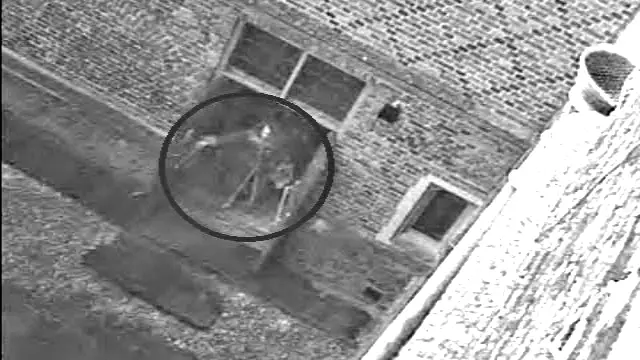Brad Anderson, like James Grey, has the finesse for mood and character of an art-house director, but enjoys working through his interests using genre material: like Grey also, his weaknesses in the latter are telling. Transsiberian starts off damn well, setting out situations of potential and developing interesting, multi-levelled protagonists that threaten to combust in full Hitchcockian fashion. Woody Harrelson and Emily Mortimer are Roy and Jessie, the apparently squeaky-clean pair of American missionaries who have been working in China: she had mousy hair and likes taking photos; he’s an unvarnished nerd with a love of trains. They decide to return Europe-wards on the title train.
.
They share a cabin with rakish Spaniard (is there any other kind in American movies?) Carlos (Eduardo Noriega) and his American girl Abby (Kate Mara). Soon Carlos is peeling off the genteel layers on Jessie, who’s a recovering addict and personality train wreck, whose suppressed rapacity is revealed in one particularly barbed line of dialogue. She also bonds with Abby, in whom she sees her younger self, a panda-eyed lost girl on the run from a great bland nothing.
.
On the train they meet Russians and absorb the vastness of both the landscape and the scale of suffering in its history. Where this narrative thread leads is initially disorienting, and in the middle third Anderson conjures some excellent vignettes and suspense-mongering. Then hawkish narcotics cop Grinko (Ben Kingsley) and his dour partner Kolzak (Thomas Kretschman) board the train with a purpose that may or may not be malevolent. .
.
Unfortunately, right at the point where it ought to be turning compulsive, Transsiberian takes a couple of credibility-stretching turns that result in, dare I say, a film that quickly loses locomotion: it becomes a kind of up-market Hostel (or a less amusing Mute Witness), before resolving in a clumsy action finale and an even less inspiring coda, discharging the human-level intensity it so admirably built up. The substantial interest in guilt, moral responsibility, historical underpinnings of present-day violence, and displays of character under pressure, doesn’t finally obtain the necessary intensity, as the desire to keep the audience on their toes becomes an end in itself. That would be more forgivable with a more inspired staging. Still, it’s far superior to most of the slop Hollywood gives the label of “thriller” these days, and Mortimer enlarges her already protean skills by presenting a heroine of some rare complexity..



















